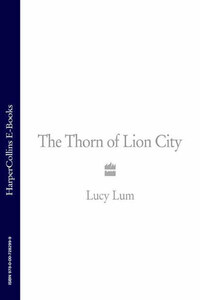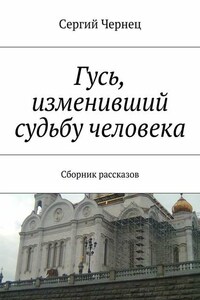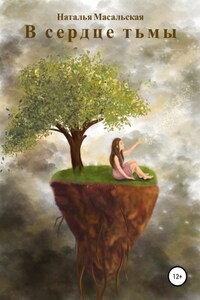One
‘Look at the red-haired devil’s air-raid shelter,’ Popo said, pointing to our neighbour’s garden. ‘How clever he is. So different from your father. It is like a house, their shelter, with camp beds and chairs, a wireless and lights. And so pretty outside, with tapioca, sugar cane and all those flowers.’
For weeks my grandmother Popo had told us that we were not to worry: the Japanese would never capture Singapore because the British would turn back the invaders. ‘Life will go on as normal,’ she said. But there were soldiers on every street, in the shops and the cinema. Every rickshaw had a soldier inside it. There were air-raid drills, and people dug in their gardens, building makeshift bomb shelters. You could tell how big a family was from the size of the mound of soil in the garden. Some of the shelters were like little foxholes, covered with wooden planks, branches and earth, but in our street the red-haired devil’s shelter was the biggest and best, and we were jealous. He was the English officer in charge of the police station where Father worked. His wife and children had been evacuated to England and he told Father that if the bombs came we could hide in his shelter with him and be safe.
Father said we did not need a hole under the earth to hide in. Instead he put the heavy teak table in the middle of the bedroom, then piled blankets and three kapok mattresses on top. He put more mattresses round the sides. He said these would stop the flying shrapnel and the ceiling crashing down on us. ‘If the bombs come, you won’t need to run outside to our neighbour’s garden. You can jump from your beds and curl up under the table. You must have fresh water and biscuits at the ready in your satchels,’ he said. ‘There will be no time to waste.’ When he talked to us about the bombs he was careful not to catch Popo’s or Mother’s eye. He was frightened of them. They did not like him telling them what to do.
My brothers, my sisters and I looked forward to the air-raid drills. We thought they were games. We five would grab our satchels, as Father had told us, race to the bedroom and dive under the table. It was dark and snug in there and we would play for hours. Sometimes Father would tell us stories about the island his family came from, Hainan, and we would listen and munch our biscuits.
I was seven, and no one explained anything to me. I was frightened of Popo too. Father told me that we should call her Waipo, Outside Grandmother, because she was our mother’s mother, not his. But if we called her Waipo she beat her chest and told us she would kill herself. ‘This old bag of bones has lived too long,’ she would say. ‘Even my grandchildren do not love me.’
One day I was brave: I asked Popo who the invaders were and why they wanted to attack Singapore. She went to a cupboard, pushed aside the piles of paper and the tiny red purses in which she kept the dried umbilical cords of her children and grandchildren, and pulled out a great map of the world. It was yellow with age and almost falling to pieces, but she spread it on the table in front of her.
‘Listen,’ she said, lowering herself into her favourite armchair. ‘My mother told me this story when I was a child. The mulberry tree is covered with rich and delicious leaves, which the silkworm likes. This is China,’ she said, pointing to a huge pink country on the map. ‘It is a country of plenty, like the mulberry tree with its leaves, but it is plagued by starving Japanese silkworms from across the sea.’ She rapped her knuckles on the islands of Japan, which crawled across the blue sea towards China. ‘The silkworms have hardly any food and their greedy eyes are fixed on China where there is plenty. That is why they attack. To devour us.’
Popo told me of the long history of fighting between China and Japan, about how the Japanese invaded French Indochina, about things I didn’t understand then – economic sanctions and oil embargoes, Japan wanting more oil and planning to steal it from Borneo, only four hundred miles to the east, but Singapore was in the way. And she told me of a British man called Raffles, who came in 1819 and wasn’t frightened of the swamps and marshes. He had taken control of the narrow strait between Malaya and Java, and borrowed Singapore from the Sultan of Johor. She told me of how the British had come to Malacca and Penang, Labuan and, most of all, to Singapore, and how the Chinese had come too, from Fukien, Swatow and Kwantung, where she and her husband Kung-kung had been born. She told me all of this, and then she spat, ‘The filthy Japanese! They have killed many Chinese and we will always be their enemies.’














